There has been a “loneliness epidemic” amongst men for the past few years, and research shows that men are becoming more isolated, lonelier, and have fewer friends.
A recent study found that 15% of men state that they have no friends, with many Millennial, and Gen Z males identifying with the statement “Nobody knows me well.
This is a worrying trend, particularly as loneliness is associated with greater health risks, including anxiety, depression, and even heart disease.
Due to these risk factors, health professionals are motivated to uncover the causes of this increase in male loneliness so they can devise, and implement a plan to protect men's wellbeing.
Here are 18 reasons why men are experiencing a friendship recession:
Socialization

One of the key reasons men have fewer friends is because, from birth, they are socialized to show less vulnerability. Instead, qualities that are perceived by society to be masculine are positively reinforced, such as strength, power, and fearlessness.
At the same time, boys and men are socialized to exhibit fewer qualities that are perceived as being feminine, such as being emotionally sensitive, openly vulnerable, and gentle.
The ability to form close bonds, and human connection requires vulnerability, and as this is something that men have generally been socialized to avoid, this impacts their ability to make and maintain friends as adults.
Gender Stereotypes

Even in 2024, American society is still defined by gender stereotypes to a large degree. Women are still expected to act, and behave in certain ways, and so are men.
The fact is that the gender stereotype of the physically strong male warrior who saves people and is never afraid is still prevalent in America. This deters men from reaching out to make new friends because they feel they must conform to the stereotypical ideologies of what “a strong man” looks like.
Stigma of Vulnerability

Men face massive amounts of stigma and even abuse for being seen to show vulnerability.
Furthermore, social media only adds fuel to the fire as this provides an open, yet anonymous space where men can be mocked, and put down by their peers for showing their vulnerable side.
Toxic Masculinity

Just like there are many sides to a man, there are also many sides to toxic masculinity. On one hand, toxic masculinity can refer to the fact that men take less care of their physical, mental, and emotional health, which is ultimately detrimental to their overall health and well-being.
This element of toxic masculinity has even been implicated as part of the reason behind men's high suicide rates, and their apparent inability to make, and maintain close friendships.
Negative Narratives Around Masculinity
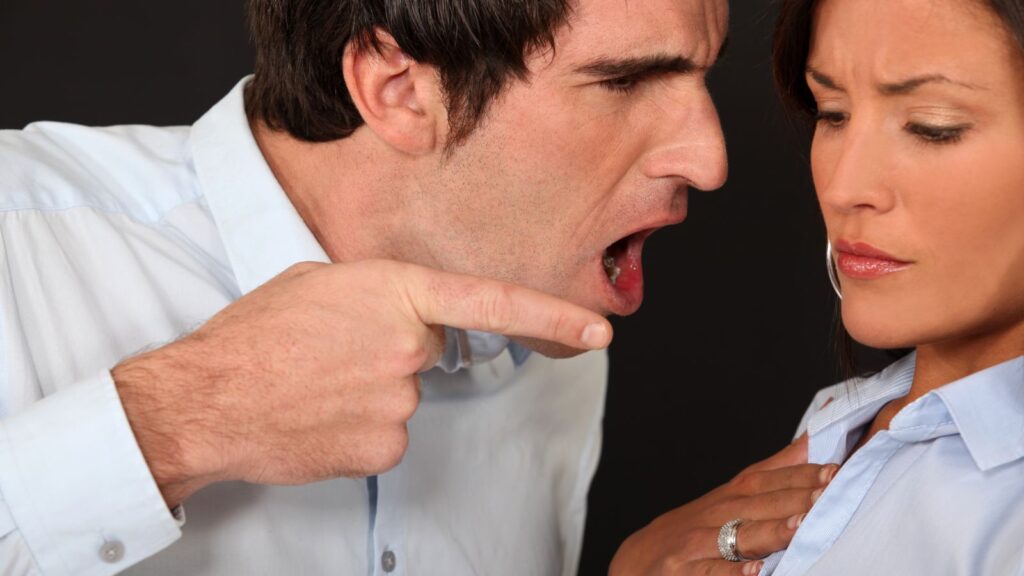
Toxic masculinity has also been used to refer to misogyny, aggression, and sexism against women, and the very use of the term “toxic masculinity” has created a negative narrative around men, their behavior, and masculinity online which may have also contributed to men feeling bashed for simply being men.
This may have negatively affected men's self-esteem, and confidence, as their gender appears to be something that is regularly attacked, and criticized in the media, and this could be another contributory factor to why men feel less able to connect with others.
Lack of Support

With fewer friends and higher suicide rates than women, men have expressed the fact that they generally feel a lack of support in their lives.
When you look at research into potential causes of male loneliness, poor mental health, and suicide, men repeatedly cite a lack of support as something they struggle with.
Psychologists and sociologists have looked at where this could stem from, and gender socialization could be the culprit as women are socialized to reach out to others, be social, talk, and express their emotions freely, and this is largely positively reinforced, and supported, while males exhibiting the same behaviors, don’t receive the same level of positive reinforcement.
Reaching out For Help
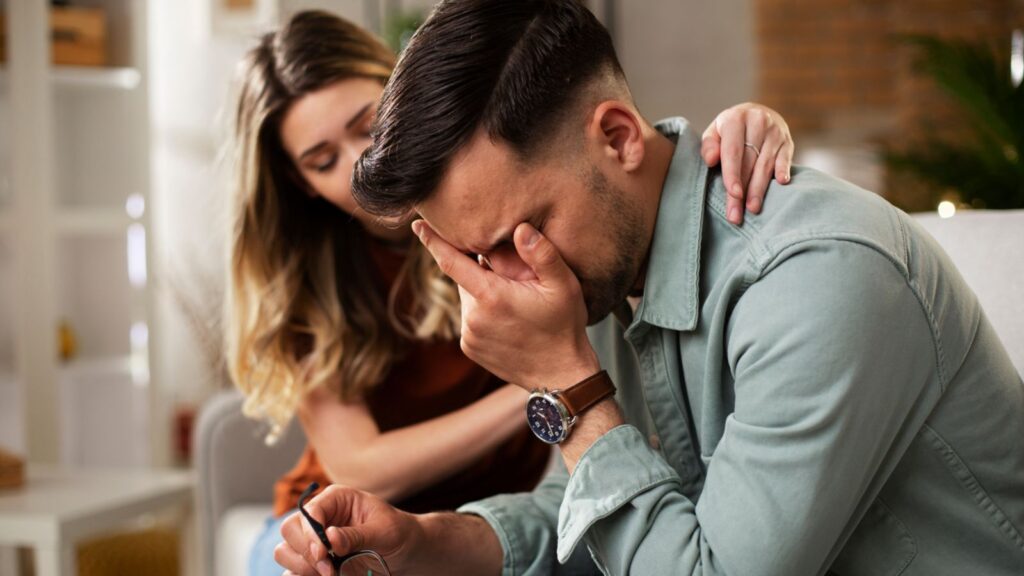
Another thing that men feel less confident about is asking for help. Traditional expectations of men have encouraged them to aspire towards being a hero, and the savior of others in need,
Therefore, asking for help is not a role that traditional expectations have assigned to males, and they can feel a sense of shame around this which can deter them from reaching out to friends or attempting to build connections with others.
Psychological Safety

To be able to form close bonds, humans need to feel psychologically safe. Most men however do not feel psychologically safe enough to open up to other males or be seen to initiate friendship.
This could be due to a fear of being seen as weak, or being mocked for appearing to be “looking for friends,” men, therefore, prefer to retreat, and not risk feeling psychologically unsafe.
Societal Expectations

In 2024, it’s easy to think that we are such a progressive society that we have left all of those outdated expectations of males and females behind, however, we have not.
Another reason why men struggle to make, and maintain friendships is due to the pressure of traditional expectations. Men feel like they must be seen to be stoic warriors who can “save the day,” who are epitomes of power, and strength, just like every superhero they ever watched growing up.
The Lone Wolf

More and more men have been opting to live as lone wolves, meaning that they might work alone from home, they might not engage with their family much, and they may have accepted the fact that they don’t have any friends, and have therefore somewhat adapted to living the lone wolf lifestyle.
Status Symbols

Another societal pressure that men face from traditional expectations is the need to seek status. A lot of men feel that society judges their worth, and status based on their financial wealth, this has led to men becoming more obsessed with their careers, and generating wealth than investing time in developing close personal relationships, and this has left lots of men with money in their bank accounts, but no one to spend it with.
Gender Inequality
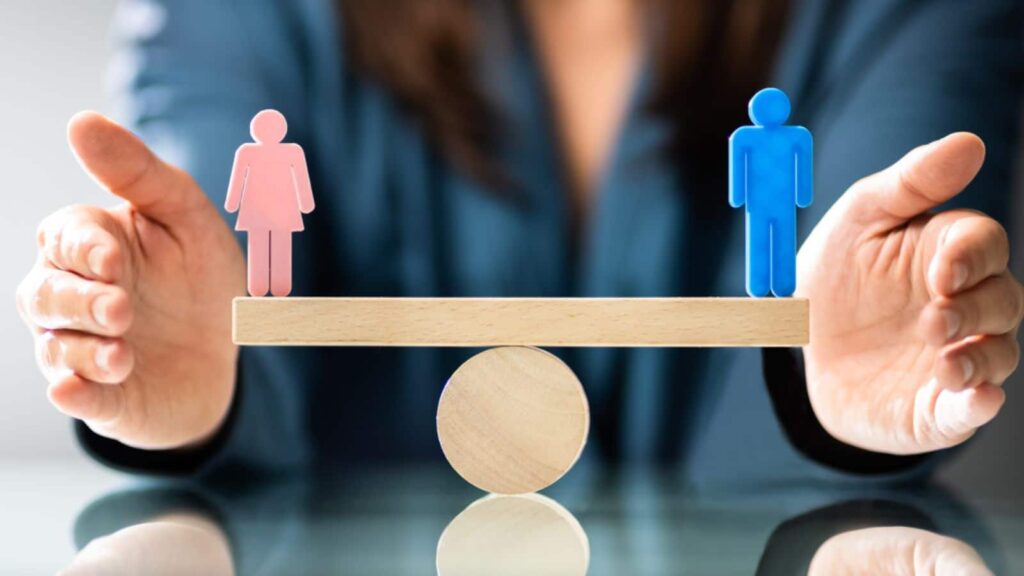
We hear a lot about gender inequality from the perspective of women, however, men also suffer from aspects of gender inequality, and there does seem to be an inequality of emotion between the sexes.
While women are often perceived as being more emotional than men, research has shown that this may not be the case, however, due to gender bias, stereotyping, and gender socialization, men feel less “safe” to exhibit emotions, and this can interfere with their ability to form new friendships.
Man Shaming

We have all heard playful language used to describe men’s behavior. For example, if a man is suffering from a viral infection, it’s often called “man flu,” he may be told to “man up,” “stop being such a baby,” or to “stop crying like a girl”.
Although said jestfully, these sentences are quite derogatory and serve to put men down and shame them for being seen as vulnerable in some way. This type of man shaming only contributes to men's fear of being vulnerable, further inhibiting their ability to engage in friendships.
Man Blaming

Recent years have seen a lot of negative narratives about men and masculinity circulating in the media, and whether it’s inappropriate behavior in the workplace, catcalling, sexism, gender-based violence, or toxic masculinity, many men have ended up feeling like their gender has been attacked, and that men are blamed for a lot of issues in society at the moment.
Man blaming hasn’t made lonely men feel any less lonely, it’s maybe done the opposite.
Mental Health
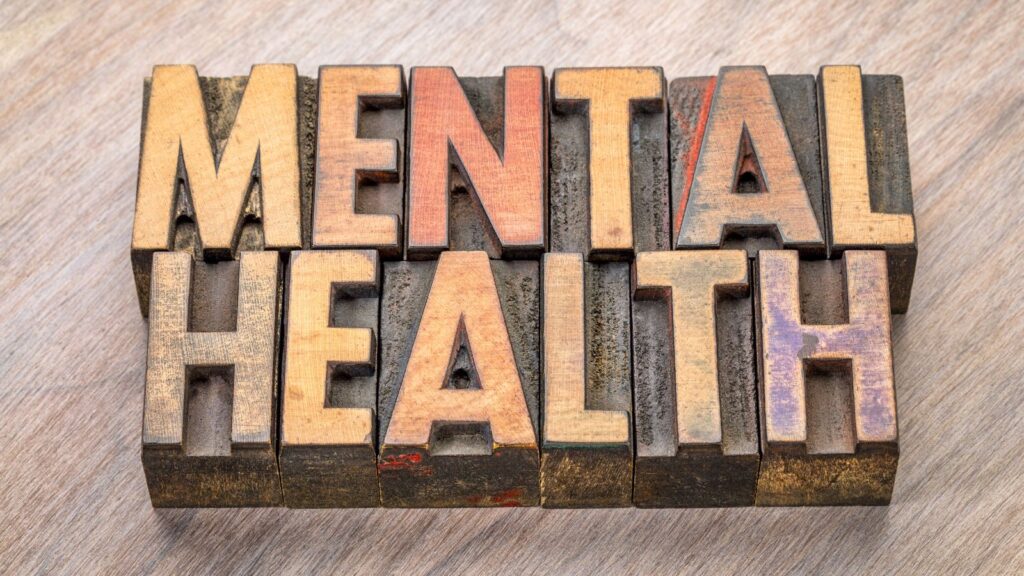
There is a lot of evidence and research to suggest that more men are struggling with their mental health. This may be due to a combination of interrelated factors, some of which we have mentioned above, and others such as the pandemic, the cost of living crisis, increasing political upheaval, global conflict, etc.
Whatever the causes behind men's declining mental health, anyone who is suffering from anxiety or depression is much less likely to want to feel social, to want to go out and make new friends.
Lack of Understanding
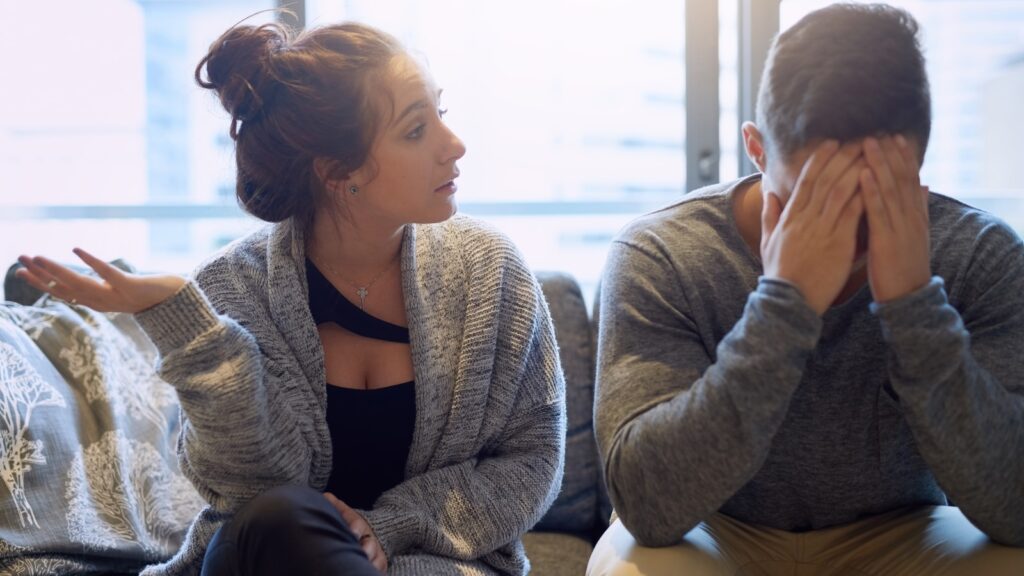
Research into the loneliness epidemic of men, and mental health has found that a lot of males claim to feel misunderstood.
There is a prevalent theme amongst men, especially from Millennials, and Generation Z that they don’t know where they “fit in” in society, and as the roles and definitions of masculinity have shifted, so has their understanding of themselves, and, societies understanding in general of men's needs.
Healthcare That’s Misaligned With Masculinity
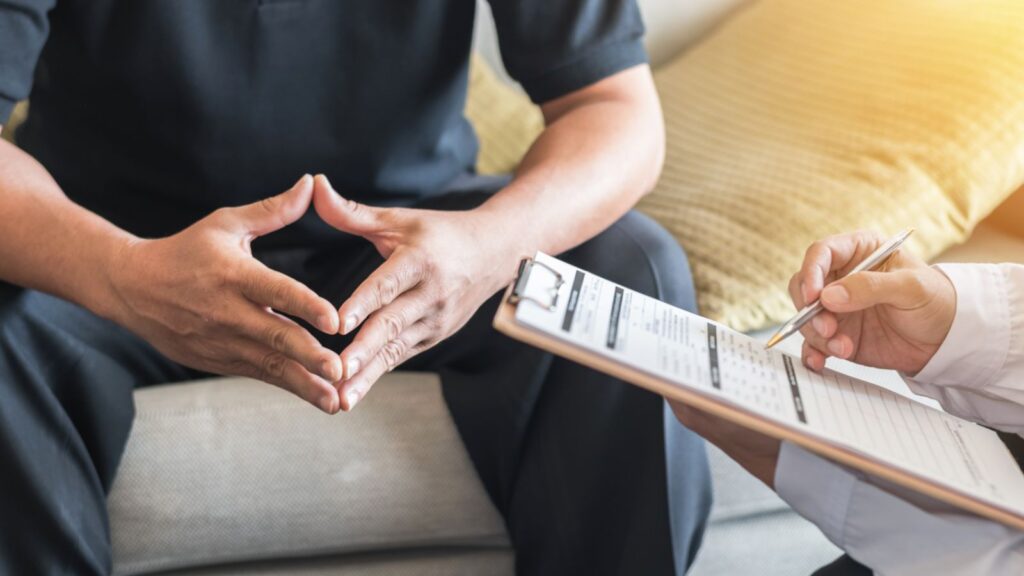
One hypothesis that has been explored by psychologists, and healthcare professionals as a potential cause, and/or solution to men's mental health struggles, and loneliness, has been the consideration that possibly, men are being treated by a healthcare system that is not designed, or aligned with the needs of masculinity.
This may explain why fewer men engage with medical care in general, and specifically mental health support services. Furthermore, by working collaboratively with men, physicians might be able to create a healthcare system that is designed and aligned with men's needs, which would in turn help to increase engagement, and better mental health, having a domino effect on men's happiness, health, and positive social relationships.
Cultural Bias

In order to make new friends, you have to make yourself vulnerable, and seeing as men face a lot of cultural bias around vulnerability, many men feel too afraid, ashamed, or embarrassed to be seen to be trying to make new friends.
This unfortunately keeps men feeling isolated and lonely.
30 Traditional Sayings That Are Now Considered Offensive by Woke Culture

30 Traditional Sayings That Are Now Considered Offensive by Woke Culture
21 Habits Often Associated With Having a Lower Social Status

21 Habits Often Associated With Having a Lower Social Status
25 Social Issues Gen Z are Determined to Cancel

